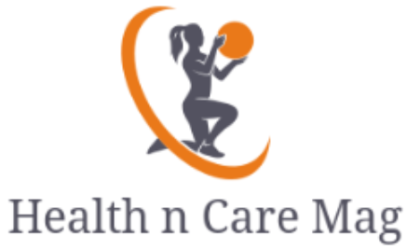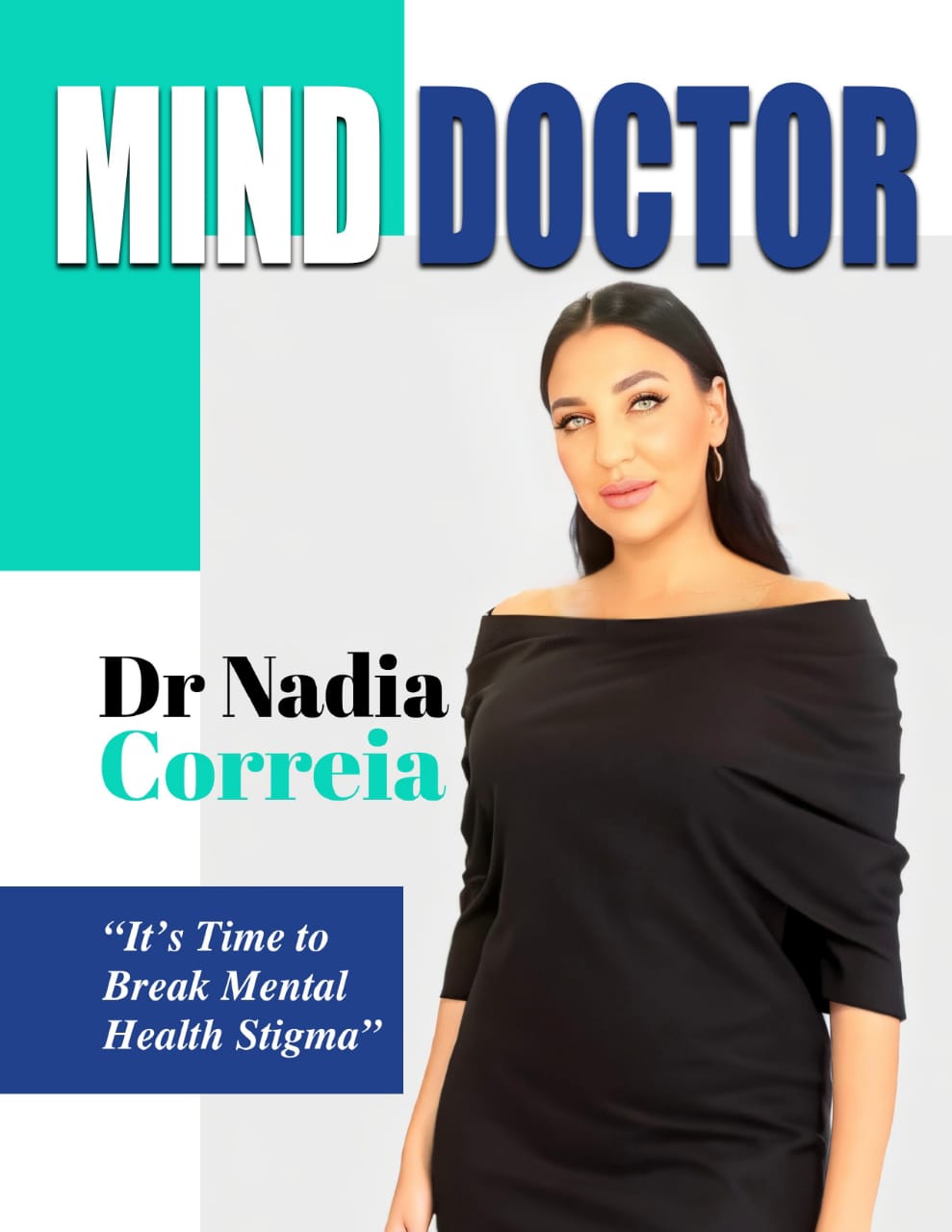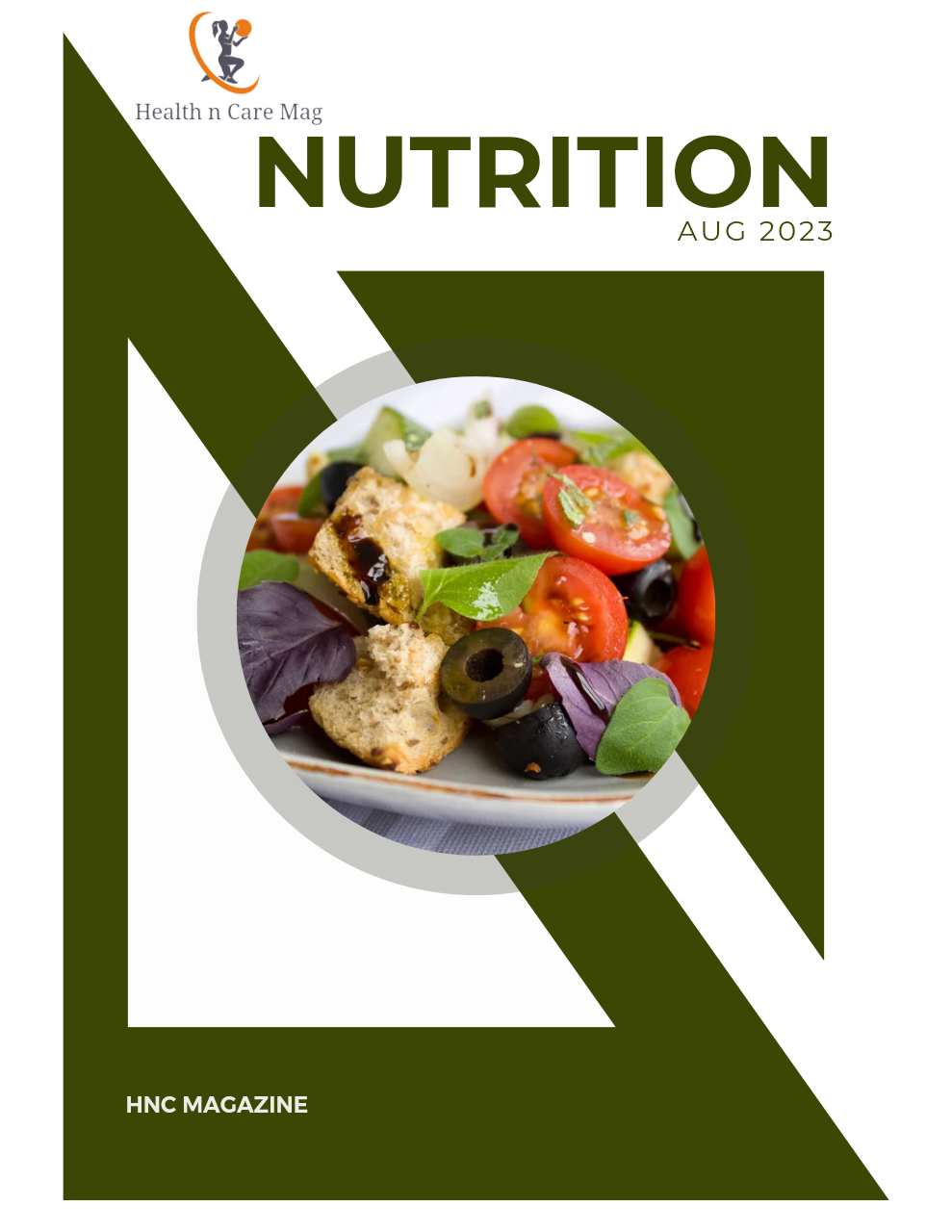Addressing Top Women’s Health Concerns through Nutritional Supplementation
With skyrocketing healthcare costs, coupled with the growing purchasing power of the women’s segment, the demand for women’s nutritional supplements is steadily increasing. This extremely lucrative market is defined by many prevalent healthcare and lifestyle issues faced by today’s women.
According to data collected by the CDC for the years of 2005-2008, 56.9% of U.S. women reported supplement use. During this same period, 43.4% of U.S. women reported using a Vitamin D supplement, while 42.0% used a supplement containing folic acid. Iron and calcium are also estimated to comprise over 70% of total revenue from women’s health ingredients, according to the Natural Products Insider.
To decipher the ongoing trends within the women’s market for supplements, we must first consider the major health issues facing this segment. Today’s biggest health threats to women are heart disease, breast cancer, osteoporosis, depression, and autoimmune diseases. Although genetics may play a role in the development of several of these diseases, preventative care through dietary supplements may help reduce the risk of these serious health related problems.
Another important factor in women’s supplement choices is created by specific life stage care. Prenatal, postnatal, and menopausal women have a variety of needs that may be met through supplementation. Many women are deficient in a variety of important vitamins and minerals during these important times of their lives.
Because over 60% of American women are now considered overweight, weight loss and management supplements remain popular among females. Gallup Poll research shows that 63% percent of women would like to lose weight. Furthermore, CDC data found that 20.6% of women reported using a dietary supplement for weight loss. As a result of continuous R&D efforts and ongoing clinical trials within this category, new formulations are developed frequently. Product innovation tends to rank highly among women searching for a weight management/loss supplement regimen.
Cultural ideals have helped accelerate the growth of vanity products, such as beauty or anti-aging formulas. Women consider vitamins and minerals a less risky substitute to plastic surgery as an option to look and feel younger. Supplements and cosmeceuticals can help reverse the aging process, increase life expectancy, diminish wrinkles, improve memory and concentration, and help increase energy levels.
Products that boost energy levels have become important to today’s women. Stress, heavy workloads, and a busy family life can negatively affect a woman’s vitality. Dedicated energy formulations, as well as supplements fortified with vitamins and minerals thought to raise energy levels, have surged in popularity in the women’s market.
So, what vitamins and minerals should be in your women’s product line-up?
Calcium: As women age, bone mass decreases, which can lead to complications such as osteoporosis. Women need 1,000-1,500 mg. of calcium per day. Also, calcium may be beneficial during pregnancy and breastfeeding.
Iron: Although iron is not as important for older women, pre-menopausal women are more likely to suffer from anemia due to iron deficiency. Also, pregnancy can deplete iron levels.
Beta-carotene: This antioxidant is a cancer-fighting substance that promotes healthiness on a cellular level.
Vitamin B6 & B12: Vitamin B supplementation becomes more important as women age – B12, in particular, may become more difficult for older women to absorb. These vitamins help with red cell and nerve cell development. Lowered levels of B vitamins are also found in women suffering from autoimmune diseases. Studies suggest B vitamins may also help strengthen brain function, increase energy levels, and aid immune system function.
Vitamin D: Thought to prevent cancer, depression, heart disease, and other diseases that affect women, Vitamin D is almost impossible to get through diet alone. Vitamin D also helps the body effectively absorb calcium. When developing a Vitamin D supplement, remember – D3 is the one most easily absorbed by the body.
Folic Acid: This B vitamin is crucial both before and during pregnancy, as low levels of folic acid may result in birth defects. It is also suggested that folic acid may also help decrease the risk of colon cancer.
Omega-3: Essential fatty acids found in Omega-3 are believed to be highly beneficial for a number of reasons. The primary fatty acids found in Omega-3s are docosahexaenoic acid (DHA) and eicosapentaenoic acid (EPA). Formulations will contain various amounts of both DHA and EPA, but it is important to note that DHA is much more potent than EPA. Omega-3 is thought to relieve depression, as well as act as a natural anti-inflammatory substance. It may also offset cardiovascular problems by promoting heart health.
CoQ10: Research suggests that CoQ10 may be very effective in combating the number one killer of women, heart disease. It also may offer blood pressure support, increased energy, and aid development of a healthier immune system. CoQ10 is also responsible for the natural production of elastin and collagen, and may therefore help maintain a youthful appearance by increasing skin elasticity.
Resveratrol: Another powerful antioxidant, resveratrol is an anti-inflammatory derived from red wine. It may help prevent heart disease, blood clots, cancer, as well as high cholesterol. Resveratrol may also help slow the aging process.
“Designer” Weight Loss & Management Products: With a great deal of movement in this category, there are many current popular products that show a great deal of promise in increasing metabolism, suppressing appetite, and helping maintain a healthy weight. Many of these products are derived from natural or herbal sources. Currently, top selling diet support formulas contain ingredients such as Raspberry Ketone, Green Coffee Bean Extract, African Mango, and Acai Berry.
When developing a women’s supplement, you must consider other extraneous factors other than the formulation. Packaging is crucial to targeting a woman consumer – women buyers are more in tune with the aesthetics of the packaging, and appreciate a well-designed package. It should also install confidence in the product, while being appropriate and convenient. Also, it can help the distributor build intrinsic value into the product. Many women are “practical” shoppers, looking for the best value; however, incorporating a high “health value” can justify higher pricing.
Finally, when researching your target market for women’s products, keep in mind that many subcategories can be created to focus your product towards. You should consider lifestyles, lifestages, age, income, and region to develop a comprehensive plan to launch a women’s product line.
Private Label Nutraceuticals is a leader in supplement manufacturing and custom supplement formulation , assisting our clients in each step of brand development, from concept to distribution. Tracking the latest industry trends allows us to offer an extensive list of products, available as our in-house brand or labeled with your brand.



